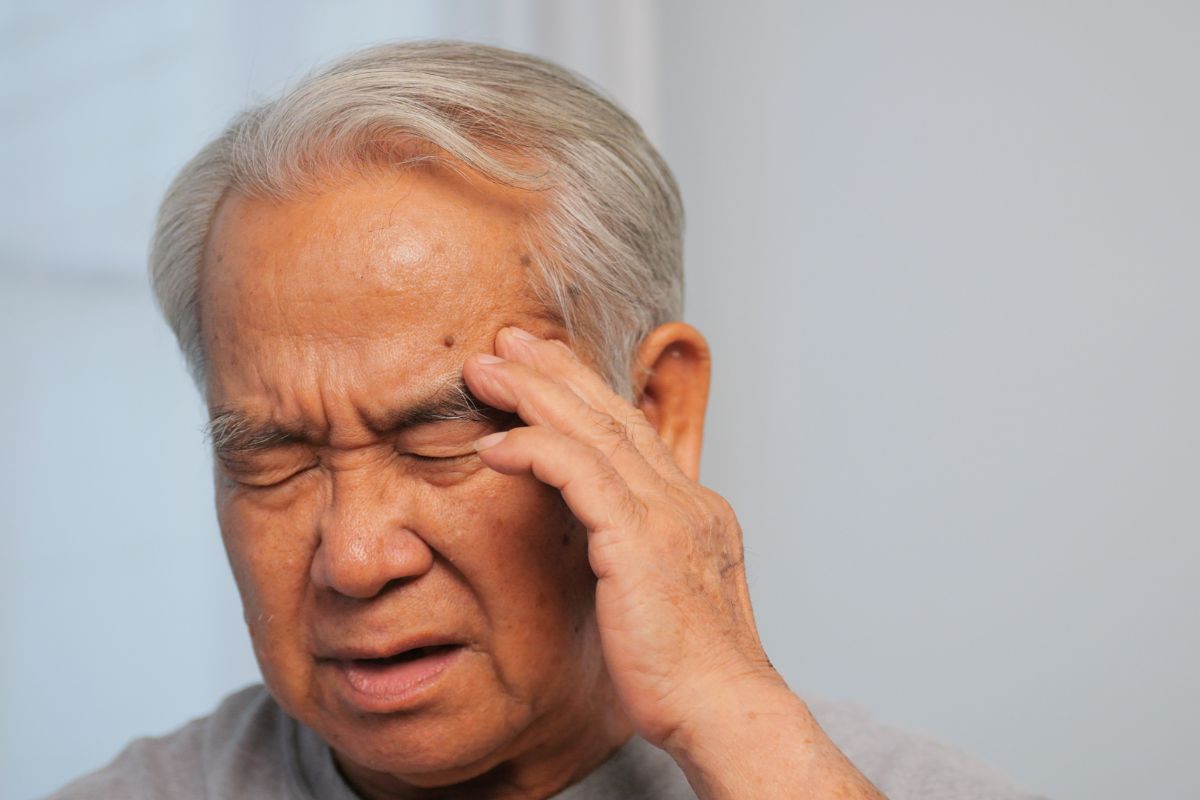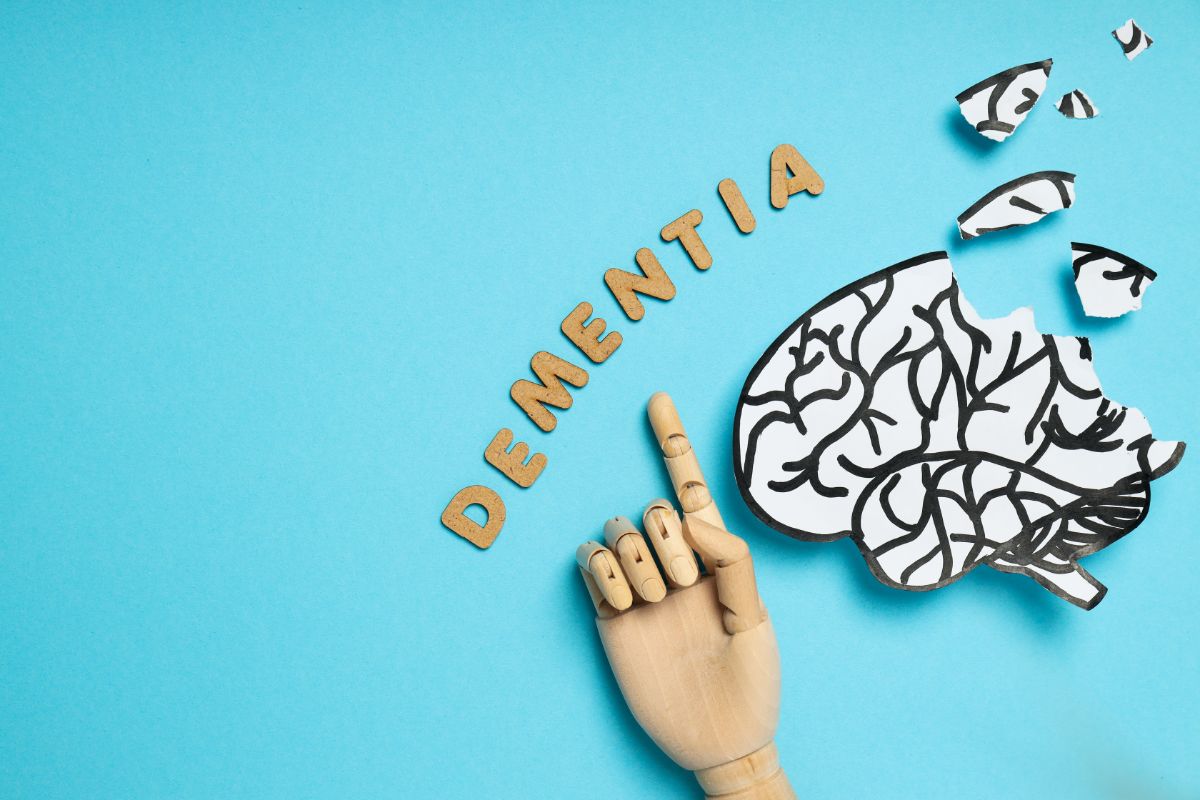Overview
Alzheimer’s disease can develop at any age, but it becomes increasingly more common with age.
A diagnosis of Alzheimer’s disease can be overwhelming, yet early detection holds immense importance. Identifying the initial indicators enables prompt intervention, granting you the ability to effectively manage symptoms.
Alzheimer’s disease typically starts with subtle changes. One of the initial indications may involve difficulty recalling recent events, names, or appointments. These challenges can interfere with daily tasks and lead to feelings of frustration.
Forgetfulness may be a normal part of aging. However, it may be a cause for concern. It’s due to the fact Alzheimer’s disease is often associated with older adults, but can it strike much earlier?
In this article, we will explore factors surrounding the earliest you can get Alzheimer’s, and the importance of treatments.
Alzheimer’s disease is a progressive, neurodegenerative disease that gradually destroys brain cells and memory over time. It’s the most common cause of dementia, affecting millions of people worldwide.
According to the World Health Organization (WHO), it shows that Alzheimer’s disease and dementia contributed to 2,010 deaths in the Philippines. This places the country at number 172 in the world ranking.
While Alzheimer’s is most associated with older adults, it can also affect younger individuals, but rarely. Early onset of this disease refers to cases that develop before the age of 65.

The early signs of Alzheimer’s disease can sometimes be subtle. Here are some you need to watch out for.
One of the first signs can be difficulty remembering recent events, names, or appointments. This can be not only frustrating for the person experiencing it, but also heartbreaking for those around them.
The culprit behind this memory loss is the hippocampus. It is a vital brain region responsible for consolidating short-term memories into long-term storage. When it malfunctions, as it does in Alzheimer’s, these memories can’t be properly locked away for later retrieval. This is why forgetting recent details can be an early warning sign of the disease.
The ability to complete everyday tasks without thinking twice is something most of us take for granted. But for people in the early stages of Alzheimer’s disease, these familiar routines can become surprisingly challenging.
The difficulty might not be dramatic at first, such as forgetting a single ingredient while cooking or taking slightly longer to complete a task might seem like a normal lapse in memory. However, a gradual decline in the ability to handle everyday routines can be a red flag.
As the disease progresses, changes can manifest as mood swings, irritability, depression, anxiety, or apathy. This shift can occur due to damage to brain regions involved in regulating emotions and social behavior, such as the amygdala and prefrontal cortex.
Individuals with Alzheimer’s may have trouble processing and expressing emotions, leading to inappropriate responses or behaviors. They may also struggle with recognizing familiar faces or understanding social cues, contributing to changes in personality.
Making decisions is a part of everyday life. We choose what to wear, what to eat, and how to handle situations.
Alzheimer’s disease affects the brain regions responsible for reasoning, judgment, and impulse control. This can lead to a decline in decision-making abilities. For instance, spending money impulsively or on unnecessary things can be a sign of impaired judgment. Additionally, engaging in risky behaviors they once avoided, like driving long distances when fatigued.
Everyone makes occasional bad decisions. However, a noticeable and persistent pattern of poor judgment can be an early warning sign.

Treatment plans typically focus on managing symptoms, slowing the progression of the disease, and improving the individual’s quality of life.
Incorporating Bacopa Monnieri, also known as Brahmi in your dietary supplement, can help improve certain aspects of cognitive function such as memory and attention. It has a neuroprotective property and could potentially benefit individuals with early stages of Alzheimer’s or mild cognitive impairment.
It’s important to remember that while supplements like Bacopa monnieri may offer benefits, they are not substitutes for other aspects of Alzheimer’s treatment. Any supplementation should be part of a comprehensive treatment plan developed in consultation with healthcare providers.
Therapy can play a valuable role in the treatment plan, both for the patient and their caregivers. One type of therapy is Cognitive Stimulation Therapy (CST). It involves engaging individuals in structured group activities designed to stimulate thinking, memory, and communication skills. These activities may include puzzles, reminiscence therapy, and creative arts.
While therapy cannot cure Alzheimer’s disease, it can significantly improve the quality of life for both individuals with the condition and their caregivers, enhancing communication and reducing distress associated with the disease’s progression.
Exercise can enhance cognitive function and slow cognitive decline in individuals with Alzheimer’s disease. It promotes neuroplasticity, the brain’s ability to adapt and form new connections, which may help offset the loss of brain cells caused by the disease.
Start incorporating both aerobic activities, such as brisk walking, swimming, and strength training with light weights or bodyweight exercises into your routine.
The question of what is the earliest you can get Alzheimer’s is complex. Age is a major risk factor, with the likelihood increasing as we get older. This disease can be a daunting diagnosis, but early detection is important.
Recognizing the early signs allows for timely intervention, giving you the power to manage symptoms effectively. This doesn’t erase the challenges, but it opens doors to support services, future planning, and informed care decisions.
Looking for natural ways to support your cognitive health? Bacopa Monnieri tea, a traditional herb, has been used for centuries to enhance memory and focus. Reach out to us today and discover natural solutions for a healthier you.

Overview This article talks about the different stages of dementia and

What are the early symptoms of dementia? Memory loss that disrupts eve

Overview Alzheimer’s disease can be influenced by genetics, but

What are the characteristics of Alzheimer’s disease? Memory loss Dif